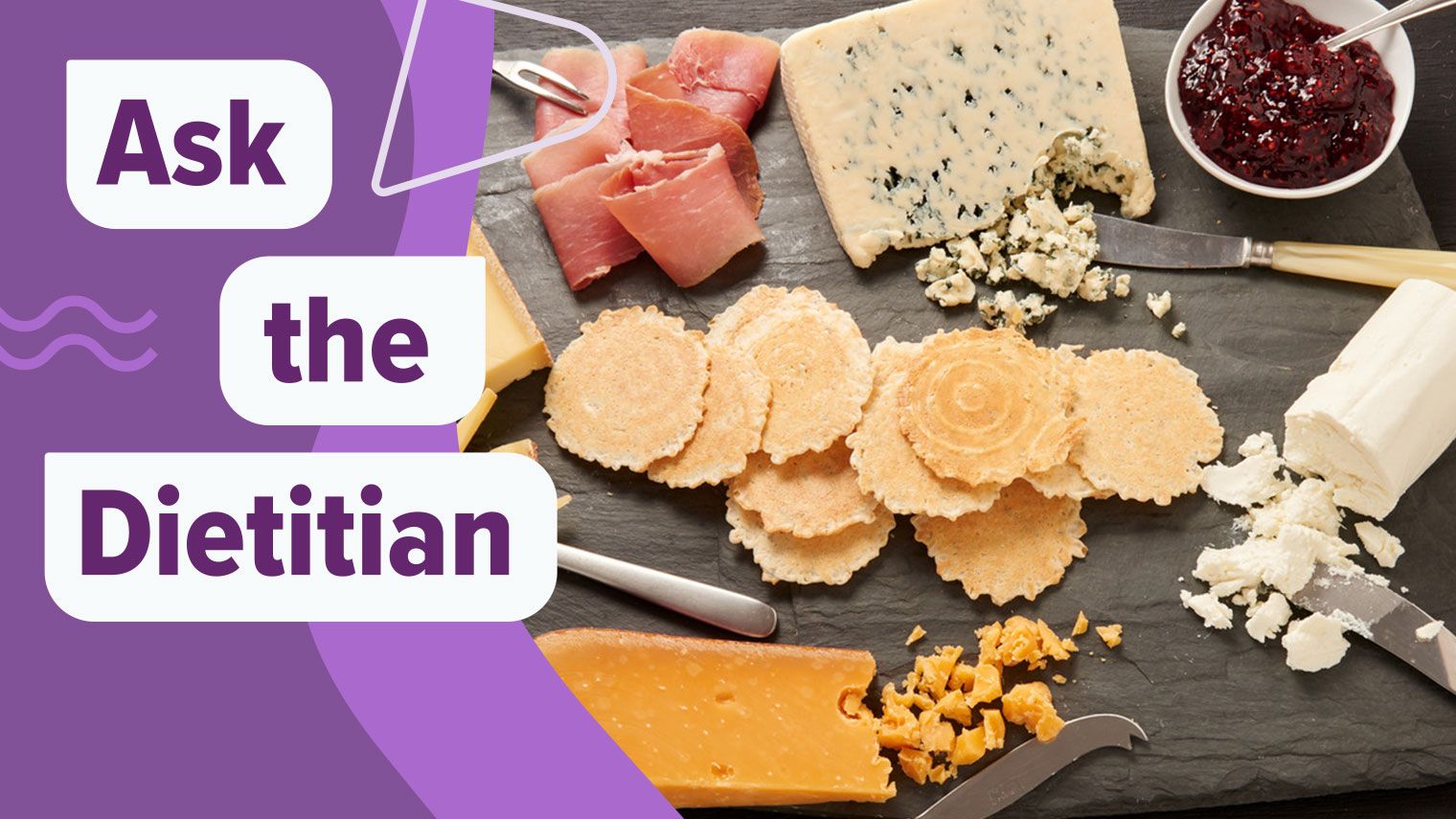What Should I Know about Dairy and Psoriasis?
Updated March 14, 2024
Content created for the Bezzy community and sponsored by our partners. Learn More

Collage design by Ryan Hamsher
If you’re not allergic to cow’s milk, you may not want to avoid dairy in your diet. Here’s what a dietitian says about dairy and psoriasis.
When you live with psoriasis, reducing inflammation can help manage symptoms and prevent flare-ups. Changing your diet can be a powerful way to reduce inflammation and avoid triggers.
You may be wondering if eating dairy products can affect the severity of your psoriasis.
In recent years, there have been conflicting messages about dairy and its overall effect on health. Some people avoid dairy entirely, thinking it may negatively affect their health.
But what causes inflammation for one person may not be the same as your triggers.


How does dairy affect psoriasis?
There’s little research on dairy and psoriasis specifically. Still, research suggests that eating more red meat is linked with having more severe psoriasis symptoms. This could be due to arachidonic acid in red meat that may irritate the lining of the intestine and cause inflammation.
Dairy also contains high amounts of arachidonic acid, but there are no studies specifically looking at this connection.
It’s possible that you may see an improvement in psoriasis symptoms after removing dairy. However, experts don’t currently recommend dairy-free diets for the treatment of psoriasis.
Does dairy cause inflammation?
If you live with psoriasis, you may have been recommended an anti-inflammatory diet. This means a diet that is rich in fruits, vegetables, lean proteins, whole grains, and healthy fats.
Research hasn’t found a link between dairy and inflammation. Dairy does not increase the concentration of biomarkers of inflammation in the bloodstream.
In a 2019 review, when looking at people who had no chronic conditions or people who had metabolic irregularities, milk and dairy products had anti-inflammatory effects.
A review of 52 clinical studies indicates that dairy seemed to have anti-inflammatory effects for most participants, except for one group: people with an allergy to cow’s milk.
The review also noted that both high fat and low fat dairy produced anti-inflammatory activity.
So, unless you have a dairy allergy or have noticed a specific effect that dairy has on your health, you’re likely safe to continue having dairy.
What’s the relationship between psoriasis and calcium?
Cow’s milk and dairy products are a great source of calcium. Studies suggest that those with psoriasis generally have low levels of calcium.
A 2013 study with 98 participants with psoriasis indicates that over a third of them had hypocalcemia, meaning they had low amounts of calcium in the blood.
In a national survey with 1,206 respondents, people with psoriasis reported consuming less dairy and less calcium than the general population.
Most respondents also reported using dietary changes to help manage their skin health.
Most people reported the greatest skin improvement when they reduced alcohol, gluten, and nightshade vegetables in their diet and increased consumption of fish or omega-3 fatty acids, vegetables, and vitamin D.
The takeaway
Like so many things with psoriasis, everyone’s experience is different.
Maybe you’ve noticed that your skin looks and feels better when you eliminate dairy from your diet. If that is the case, then there’s no reason to add it back into your diet.
But if you haven’t noticed that dairy bothers you, there’s no research that suggests you should avoid dairy entirely. Dairy contains a host of nutrients and may help curb inflammation if you’re not allergic to cow’s milk.
If you’re trying to figure out exactly how your diet affects psoriasis, talking with your doctor or starting a food journal can help.
Keeping a log of your symptoms and the food you eat can help pinpoint foods that may cause issues for you.
Taking progress photos over this period and sharing them with your doctor can also help you work together to determine the best diet choices for your body.
Originally written July 31, 2022
Medically reviewed on March 14, 2024
8 Sources


Like the story? React, bookmark, or share below:
Have thoughts or suggestions about this article? Email us at article-feedback@bezzy.com.
About the author